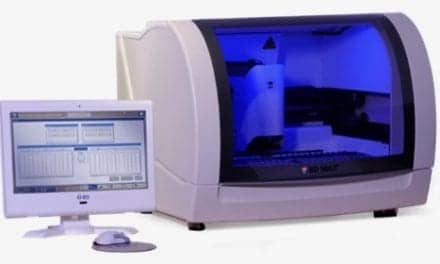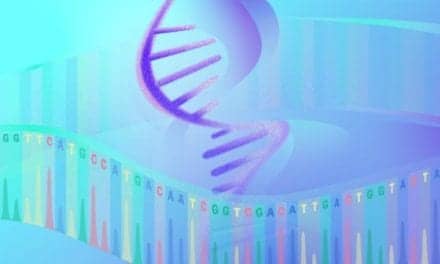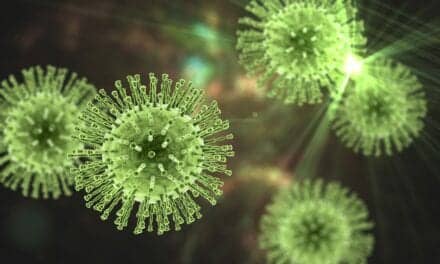Worldwide, 1 in 4 people will suffer from a depressive episode in their lifetime.
While current diagnosis and treatment approaches are largely trial and error, a breakthrough study by Indiana University School of Medicine researchers sheds new light on the biological basis of mood disorders and offers a promising blood test aimed at a precision-medicine approach to treatment.
Led by Alexander B. Niculescu, MD, professor of psychiatry at the IU School of Medicine, the study was published in the journal Molecular Psychiatry.1 The work builds on previous research conducted by Niculescu and his colleagues into blood biomarkers that track suicidality as well as pain, post-traumatic stress disorder, and Alzheimer’s disease.
“We have pioneered the area of precision medicine in psychiatry over the last two decades, particularly over the last 10 years. This study represents a current state-of-the-art outcome of our efforts,” Niculescu says. “This is part of our effort to bring psychiatry from the 19th century into the 21st century, to help it become like other contemporary fields such as oncology. Ultimately, the mission is to save and improve lives.”
The study describes how the team developed a blood test, composed of RNA biomarkers, that can distinguish how severe a patient’s depression is, their risk of severe depression in the future, and their risk of future bipolar disorder, or manic-depressive illness. The test also informs tailored medication choices for patients.
This comprehensive study took place over four years, with over 300 participants recruited primarily from the patient population at the Richard L. Roudebush VA Medical Center in Indianapolis. The team used a careful four-step approach of discovery, prioritization, validation, and testing.
First, the participants were followed over time, with researchers observing them in both high and low mood states. Each time, the researchers recorded what changed in terms of the biomarkers in their blood between the highs and lows.
Next, Niculescu’s team used large databases developed from all previous studies in the field to cross-validate and prioritize their findings. From here, researchers validated the top 26 candidate biomarkers in independent cohorts of people with clinically severe depression or mania. Last, the biomarkers were tested in additional independent cohorts to determine how strong they were at predicting who is ill, and who will become ill in the future.
From this approach, researchers were able to demonstrate how to match patients with medications—even finding a new potential medication to treat depression.
“Through this work, we wanted to develop blood tests for depression and for bipolar disorder, to distinguish between the two and to match people to the right treatments,” Niculescu says. “Blood biomarkers are emerging as important tools in disorders where subjective self-report by an individual, or a clinical impression of a healthcare professional, are not always reliable. These blood tests can open the door to precise, personalized matching with medications, and objective monitoring of response to treatment.”
In addition to the diagnostic and therapeutic advances discovered in their latest study, Niculescu’s team found that mood disorders are underlined by circadian clock genes—the genes that regulate seasonal, day-night, and sleep-wake cycles.
“That explains why some patients get worse with seasonal changes, and the sleep alterations that occur in mood disorders,” Niculescu says.
According to Niculescu, the work done by his team has opened the door for their findings to be translated into clinical practice, as well as help with new drug development. Focusing on collaboration with pharmaceutical companies and other doctors in a push to start applying some of their tools and discoveries in real-world scenarios, Niculescu says he believes the work being done by his team is vital in improving the quality of life for countless patients.
“Blood biomarkers offer real-world clinical practice advantages. The brain cannot be easily biopsied in live individuals, so we’ve worked hard over the years to identify blood biomarkers for neuropsychiatric disorders,” Niculescu says. “Given the fact that 1 in 4 people will have a clinical mood disorder episode in their lifetime, the need for and importance of efforts such as ours cannot be overstated.”
This research was funded by the National Institutes of Health.
For more information, visit the Indiana University School of Medicine.
Reference
- Le-Niculescu H, Roseberry K, Gill SS, et al. Precision medicine for mood disorders: objective assessment, risk prediction, pharmacogenomics, and repurposed drugs [published online ahead of print, 2021 Apr 8]. Mol Psychiatry. 2021;10.1038/s41380-021-01061-w. doi:10.1038/s41380-021-01061-w





